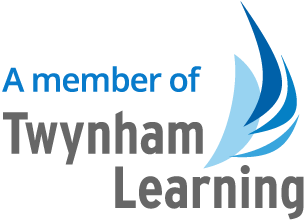Modern Foreign Languages
Learning a foreign language is a liberation from insularity and provides an opening to other cultures. A high-quality languages education should foster pupils’ curiosity and deepen their understanding of the world. The teaching should enable pupils to express their ideas and thoughts in another language and to understand and respond to its speakers, both in speech and in writing. It should also provide opportunities for them to communicate for practical purposes, learn new ways of thinking and read great literature in the original language. Language teaching should provide the foundation for learning further languages, equipping pupils to study and work in other countries.
Purpose of Study, Languages National Curriculum, 2014
At Christchurch Junior School, we believe that learning a language provides an opening to other cultures and offers an insight into the wider world around us.
Intent
Our MFL approach has the aim of igniting children’s curiosity about languages and cultures outside of their own. We believe that encouraging children to express their thoughts and feelings in another language and to understand diverse cultures and traditions helps children develop the tolerance and respect for others so important in our British Values. Languages and communication are vital in our increasingly connected world and we aim to equip our children with the skills and knowledge required to thrive.
Implementation
At CJS we are very fortunate to have a Secondary School Languages Teacher delivering all of our MFL. Each class receives 30 minutes explicit MFL teaching per week which not only provides them with expert tuition, but also prepares them to embrace languages as they move through their education.
Two languages are taught at CJS. In Year 3, children are allocated a language (x2 classes learn French and x2 classes learn Spanish) which they will learn throughout their time with us. In most cases, children who move on to Twynham School will continue to learn the same language there. In Year 3, children are taught in their classes. Children in Years 4, 5 and 6 form Spanish or French groups for their lessons.
In addition to our explicit language teaching, we believe that MFL should be embedded in our school practices and community. As such, we endeavour to maximise opportunities for children to be exposed to Spanish and French language and culture through cross curricular lessons, (for example, comparing Religious Festivals in the countries of study) daily use of MFL in classrooms (for example common greetings, simple classroom commands and counting) and visible vocabulary and prompts.
Impact
Our aim is for our children to develop a deep and lasting curiosity for diverse languages and cultures. We hope the skills and knowledge gained at CJS are just the starting points of their MFL journey and that they inspire them to explore and gain an understanding of their world and its people.


